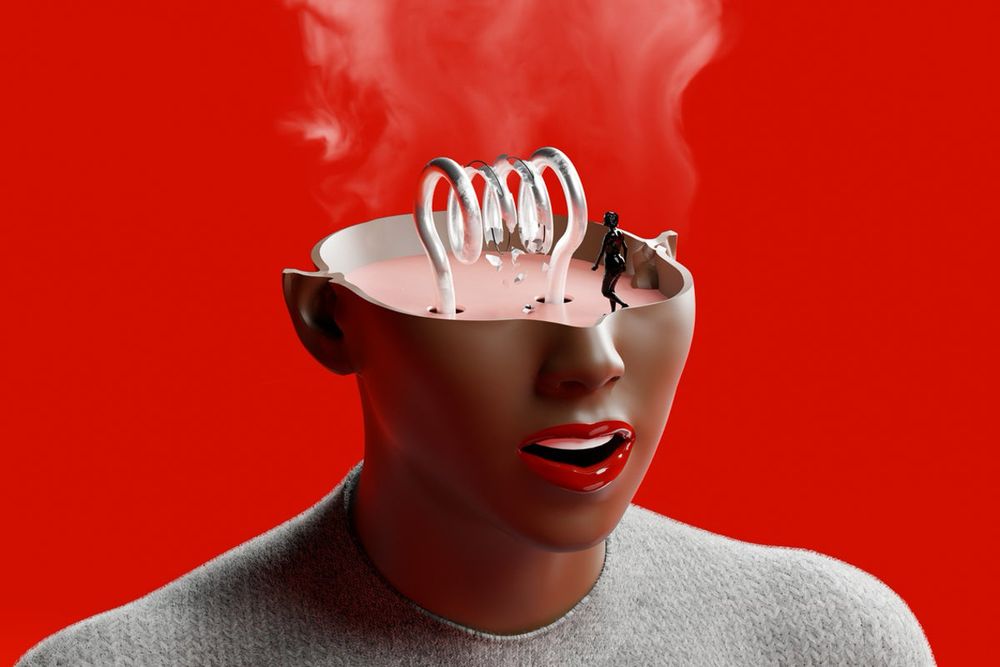Dr Nick Higgs 🇧🇸🇬🇧
@nickdhiggs.bsky.social
650 followers
280 following
100 posts
Marine scientist and VP for Strategy and Programs @templetonworld.bsky.social
Posts
Media
Videos
Starter Packs
Reposted by Dr Nick Higgs 🇧🇸🇬🇧
Reposted by Dr Nick Higgs 🇧🇸🇬🇧
Reposted by Dr Nick Higgs 🇧🇸🇬🇧
Reposted by Dr Nick Higgs 🇧🇸🇬🇧
Reposted by Dr Nick Higgs 🇧🇸🇬🇧
Reposted by Dr Nick Higgs 🇧🇸🇬🇧
Reposted by Dr Nick Higgs 🇧🇸🇬🇧
Reposted by Dr Nick Higgs 🇧🇸🇬🇧
Tori Herridge
@toriherridge.bsky.social
· Jun 30
Rebecca Sear
@rebeccasear.bsky.social
· Jun 30

Inside the scandal that rocked behavioural science – and paved the way for revolution
Five years after a widely revered study was debunked as totally bogus, Helen Coffey asks the experts whether trust in the sexiest branch of science has been irrevocably eroded – and how to discern bet...
www.independent.co.uk








